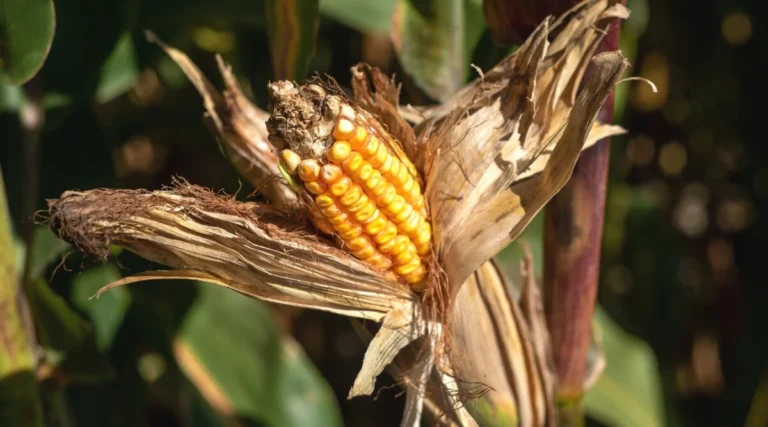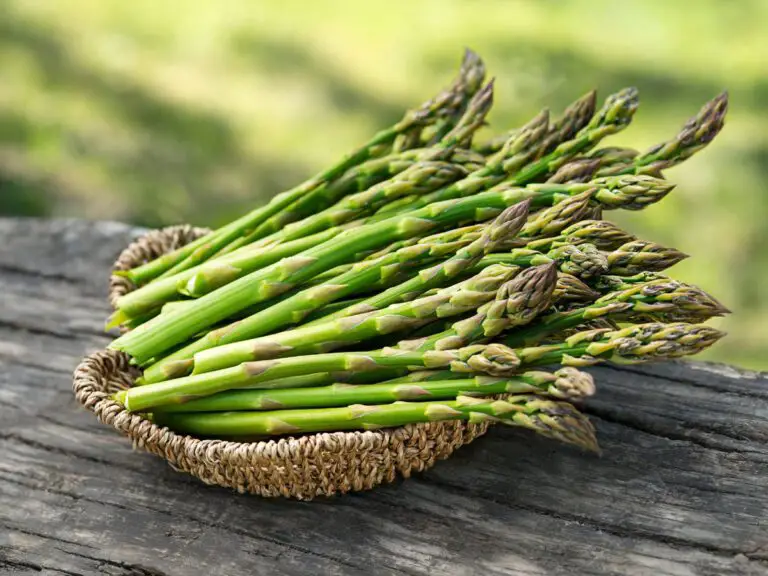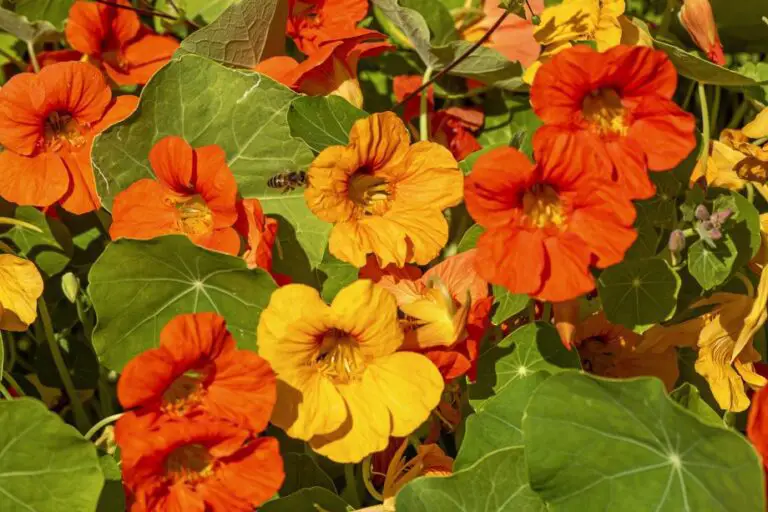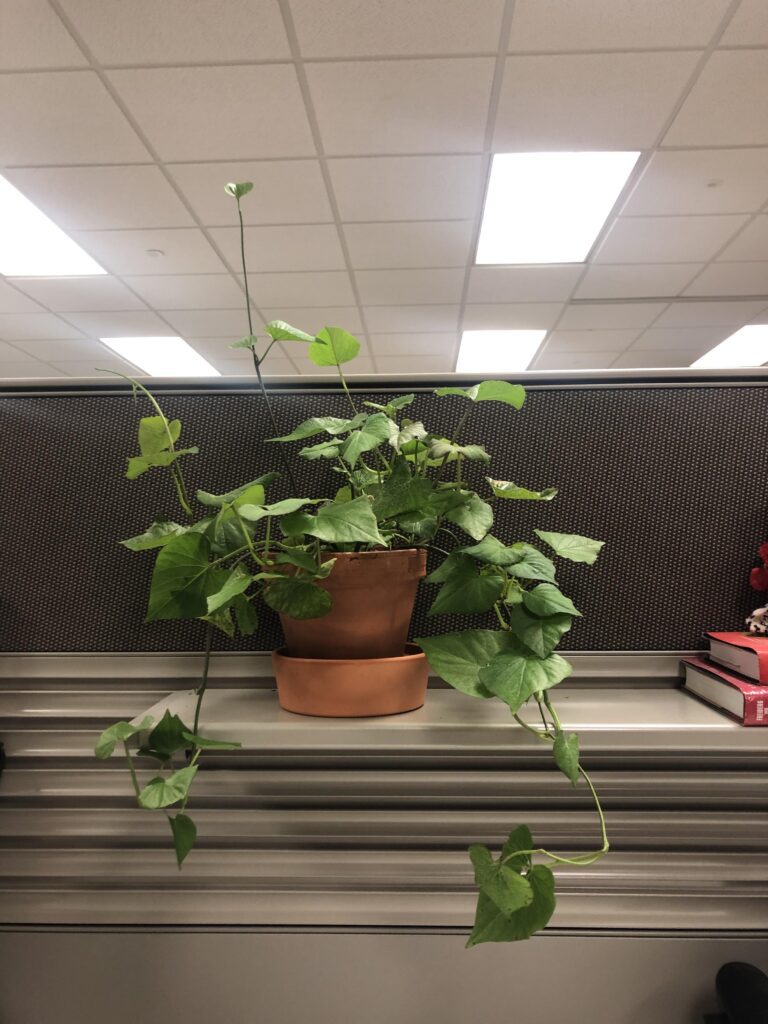Mosquito-Eating Birds: Attracting Natural Predators
Table of Contents
Why Mosquitoes are a Problem
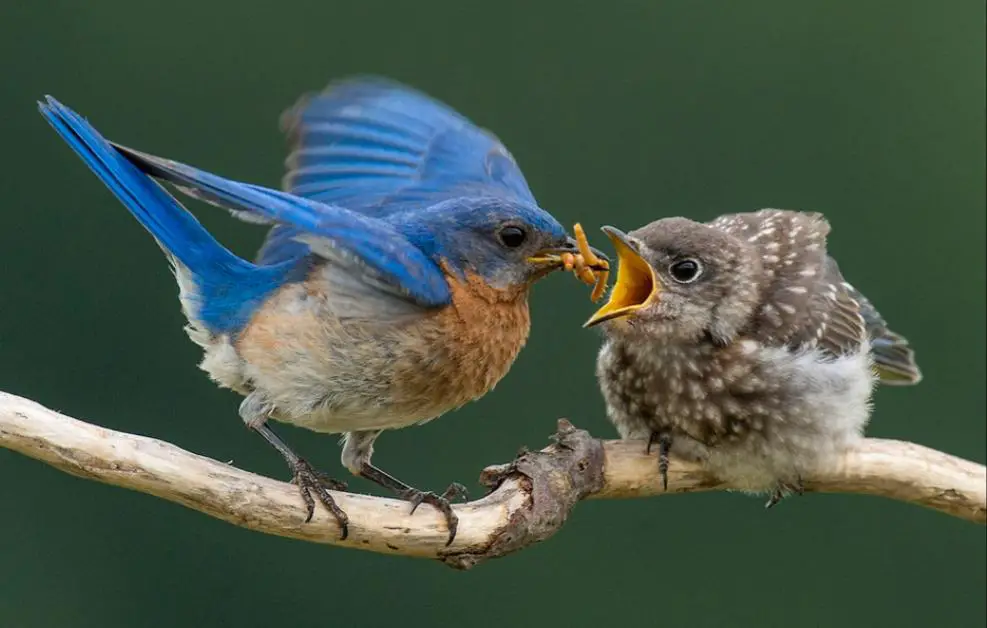
Mosquito-Eating Birds are a ubiquitous nuisance that can disrupt outdoor activities and pose significant health risks to humans. These tiny pests are not just a minor annoyance but are known vectors for deadly diseases such as malaria, dengue fever, Zika virus, and West Nile virus. Their ability to transmit diseases to humans and animals makes them a serious public health concern that demands attention and action.
Apart from the direct health impact they have on humans, mosquitoes also have detrimental effects on agriculture and livestock. Their voracious appetite for blood makes them a threat to livestock, causing stress, reduced productivity, and even death in severe cases. In agriculture, certain mosquito species can transmit diseases to crops, leading to yield losses and economic consequences for farmers. The widespread presence of mosquitoes underscores the urgent need for effective strategies to control their populations and mitigate the negative impacts they have on society and ecosystems.
The Role of Birds in Controlling Mosquito Populations
Birds play a crucial role in controlling mosquito populations in various ecosystems. These feathered creatures act as natural predators, feeding on mosquitoes and their larvae, helping to reduce the number of these pesky insects. By preying on mosquitoes, birds contribute to maintaining a balance in the ecosystem and minimizing the nuisance caused by these blood-sucking pests.
Certain bird species, such as purple martins, swallows, and warblers, are known for their voracious appetite for mosquitoes. These birds actively seek out and consume large quantities of mosquitoes, significantly impacting their population size. By attracting and supporting these mosquito-eating birds in your area, you can effectively harness the natural pest control capabilities of these avian predators, creating a more harmonious environment and reducing the need for chemical insecticides.
Types of Birds That Eat Mosquitoes
Mosquitoes have long been a nuisance to humans, but nature has provided us with allies in the form of mosquito-eating birds. These feathered friends play a crucial role in controlling mosquito populations by feasting on these pests. Some common types of birds that are known for their mosquito-eating habits include swallows, purple martins, chickadees, warblers, and nighthawks.
Swallows are particularly effective at catching mosquitoes in mid-air with their agile flight abilities. Purple martins are also voracious mosquito-eaters, with a single bird consuming hundreds of mosquitoes in a day. Chickadees, warblers, and nighthawks are not far behind in their mosquito-eating prowess, making them valuable allies in our quest to reduce mosquito numbers naturally. By attracting these bird species to your yard, you can enjoy fewer mosquitoes without the need for harmful chemicals or pesticides.
How to Identify Mosquito-Eating Birds
Mosquito-eating birds can be identified by their specific behaviors and physical characteristics. These birds are often skilled fliers, capable of agile movements that allow them to catch mosquitoes in mid-air. Look for birds with slender, pointed beaks suited for capturing small insects like mosquitoes. Additionally, many mosquito-eating birds have a varied diet that includes other insects, making them important allies in controlling pest populations.
Another way to identify mosquito-eating birds is by observing their feeding habits. These birds often forage near water sources where mosquitoes breed, such as ponds, marshes, or wetlands. Keep an eye out for birds that swoop down to the water’s surface or dart in and out of vegetation, as they may be targeting mosquitoes and other small insects. By recognizing these behaviors and characteristics, you can attract and encourage mosquito-eating birds to thrive in your yard and help keep pest populations in check.
Creating a Bird-Friendly Habitat
Creating a bird-friendly habitat in your yard is essential to attracting mosquito-eating birds. To do this, start by planting a variety of native trees, shrubs, and flowers that provide birds with food sources such as insects and berries. Avoid using pesticides and chemicals that can harm birds and their natural food supply. Additionally, providing a water source like a birdbath or small pond can attract birds to your yard.
Building birdhouses and nesting sites can also encourage birds to make your yard their home. Different bird species have varying preferences for nesting locations, so offer a variety of options such as nesting boxes, dense shrubs, and trees with natural cavities. By providing a safe and welcoming environment for birds, you can create a sustainable ecosystem that helps control mosquito populations naturally.
Providing Food and Water Sources for Birds
Birds require a variety of food sources to thrive in your yard. Providing a bird feeder with a mix of seeds, nuts, and dried fruits can attract a diverse range of bird species. Additionally, offering mealworms, suet, and nectar can cater to specific dietary needs of different birds. It is essential to regularly clean and refill feeders to prevent mold growth and ensure the birds have a fresh supply of food.
Water is equally important for birds as food. Bird baths or shallow dishes of water can serve as drinking spots and places for bathing. Changing the water daily and keeping it fresh helps prevent the spread of diseases among birds. Adding a dripper or mister to the bird bath can attract even more birds to your yard by providing movement and sound that signals a water source.
Plants That Attract Mosquito-Eating Birds
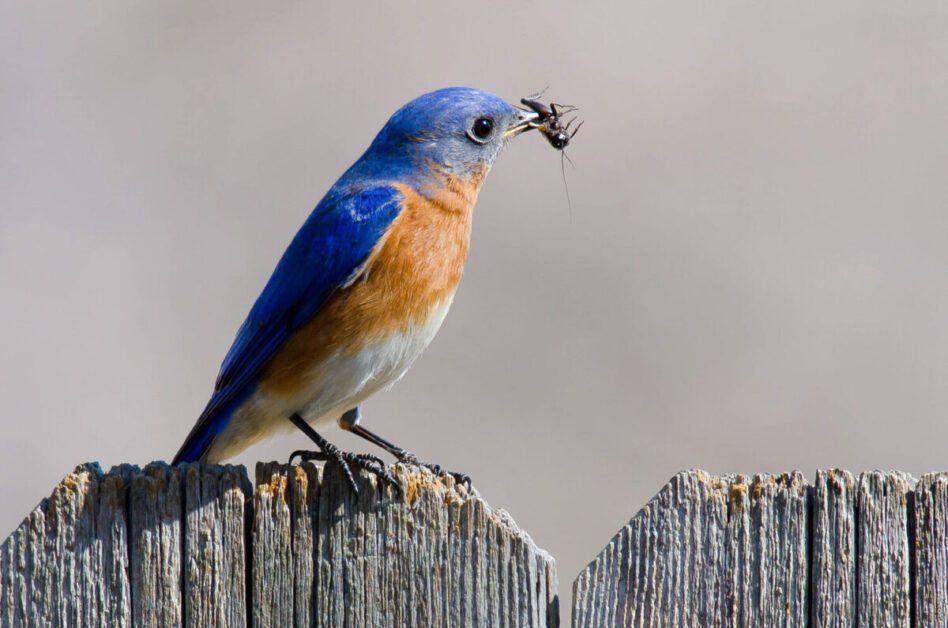
Adding specific plants to your yard can help attract mosquito-eating birds and create a balanced ecosystem. Native plants like purple coneflower, goldenrod, and cardinal flower are known to attract birds like warblers, sparrows, and finches which feed on mosquitoes. These plants provide not only food sources but also shelter for the birds, encouraging them to frequent your yard and naturally control mosquito populations.
Another great plant option is the butterfly bush, known for its beautiful flowers that attract butterflies and hummingbirds, which in turn attract mosquito-eating birds like swallows and swifts. Including a variety of plants that bloom at different times of the year ensures a consistent food source for the birds, helping to maintain their presence in your garden and keep mosquitoes at bay.
Avoiding Pesticides and Chemicals
Pesticides and chemicals are often used in gardens to control pests, but they can have detrimental effects on bird populations. Many pesticides are designed to target insects like mosquitoes but can also harm beneficial insects that birds rely on for food. In addition, chemicals can contaminate bird habitats, affecting their health and reproduction.
To avoid harming mosquito-eating birds, it is essential to opt for natural and environmentally-friendly pest control methods. Instead of pesticides, consider using biological control agents like predatory insects or bacteria that target specific pests. Additionally, practicing crop rotation, intercropping, and companion planting can help reduce the need for chemical interventions while promoting a balanced ecosystem that supports birds and other wildlife. By avoiding pesticides and chemicals in your gardening practices, you can create a safe and bird-friendly environment that encourages natural pest control mechanisms.
Building Birdhouses and Nesting Sites
Birdhouses and nesting sites play a crucial role in attracting and providing shelter for mosquito-eating birds in your yard. By strategically placing birdhouses at various heights and locations, you can create diverse nesting opportunities for different bird species. It is essential to consider the specific requirements of each bird species to ensure the birdhouses meet their needs for protection and security. Providing suitable nesting sites encourages birds to establish territories in your yard, contributing to the overall biodiversity and natural pest control.
When building birdhouses, it is important to use materials that are durable and weather-resistant to withstand varying environmental conditions. Proper ventilation and drainage are also essential to create a comfortable and safe nesting environment for birds. Additionally, monitoring the birdhouses regularly for any signs of damage or wear can help maintain their functionality and ensure the birds’ safety. Remember, offering a variety of nesting options will attract a diverse range of mosquito-eating birds to your yard, enhancing the effectiveness of natural pest control mechanisms.
The Importance of Biodiversity in Attracting Natural Predators
Biodiversity plays a crucial role in attracting natural predators to your yard, which can aid in controlling mosquito populations effectively. By creating a diverse habitat rich in various plant species, you can attract a wide range of predatory insects and birds that feed on mosquitoes and their larvae. This diverse environment provides these natural predators with food sources and shelter, encouraging them to stay and thrive in your garden.
Moreover, a diverse ecosystem not only supports a greater variety of natural predators but also enhances the overall health and resilience of your yard. Different species play unique roles in maintaining ecological balance, contributing to the stability and sustainability of the ecosystem. By fostering biodiversity in your garden, you are not only attracting mosquito-eating predators but also promoting a thriving and harmonious environment where various species can coexist and interact in a natural and beneficial way.
Encouraging Native Bird Species
Encouraging native bird species in your yard can be beneficial in naturally controlling mosquito populations. Native birds are adapted to the local environment and often have specialized diets that include mosquitoes as a food source. By providing a habitat that attracts these birds, you can create a sustainable and effective way to manage mosquito populations without the need for chemical interventions.
To encourage native bird species, focus on planting native vegetation that provides food and shelter for these birds. Trees, shrubs, and flowers that are indigenous to your region can attract a diverse range of bird species that feed on mosquitoes. Additionally, providing water sources such as birdbaths or small ponds can further entice native birds to frequent your yard, helping to foster a balanced ecosystem that promotes natural pest control.
Using Bird Feeders to Attract Mosquito-Eating Birds
Bird feeders can be a valuable tool in attracting mosquito-eating birds to your yard. By providing a consistent food source, you can encourage these natural predators to frequent your garden and help control mosquito populations. When selecting a bird feeder, opt for models that are sturdy, easy to clean, and suitable for the types of birds you want to attract.
Different bird species have specific dietary preferences, so it’s essential to choose the right feed to entice mosquito-eating birds. Offer a variety of foods such as mealworms, suet, sunflower seeds, and sugar water to attract a diverse array of beneficial birds to your yard. Additionally, keeping the feeders well-stocked and clean will ensure that the birds return regularly to feed, contributing to a healthy ecosystem in your garden.
How to Monitor Bird Activity in Your Yard
To monitor bird activity in your yard effectively, consider investing in a pair of binoculars for a closer look at feathered visitors. Position yourself discreetly near bird-friendly areas such as feeders, birdbaths, or birdhouses. By observing from a distance, you can witness the natural behaviors of various bird species without causing disturbance.
Furthermore, keeping a birdwatching journal can help track the types of birds that frequent your yard, noting their feeding habits, preferred perching spots, and arrival times. Documenting this information over time can provide valuable insights into the effectiveness of your bird-friendly habitat and help tailor your efforts to attract specific mosquito-eating bird species.
Sure, here’s a simple table about some common mosquito-eating birds:
| Bird Species | Habitat | Diet | Additional Information |
|---|---|---|---|
| Purple Martin | Open areas | Mosquitoes, other flying insects | Known for living in colonies and nesting in birdhouses |
| Eastern Phoebe | Woodlands | Mosquitoes, flies, beetles | Often seen perching on branches or wires |
| Barn Swallow | Various habitats | Mosquitoes, other insects | Builds cup-shaped nests typically under eaves of buildings |
| Tree Swallow | Open areas | Mosquitoes, other flying insects | Known for nesting in tree cavities and birdhouses |
| Warblers (various) | Woodlands | Mosquitoes, other insects | Different species of warblers have varying migration patterns |
| Purple Finch | Forests, gardens | Mosquitoes, other insects | Identified by their red plumage (males) and brown streaks (females) |
| Chickadees | Mixed forests | Mosquitoes, caterpillars, other insects | Often found in mixed flocks with other small birds |
Please note that this table is not exhaustive and there are many more bird species that consume mosquitoes as part of their diet.
Dealing with Common Challenges in Attracting Birds
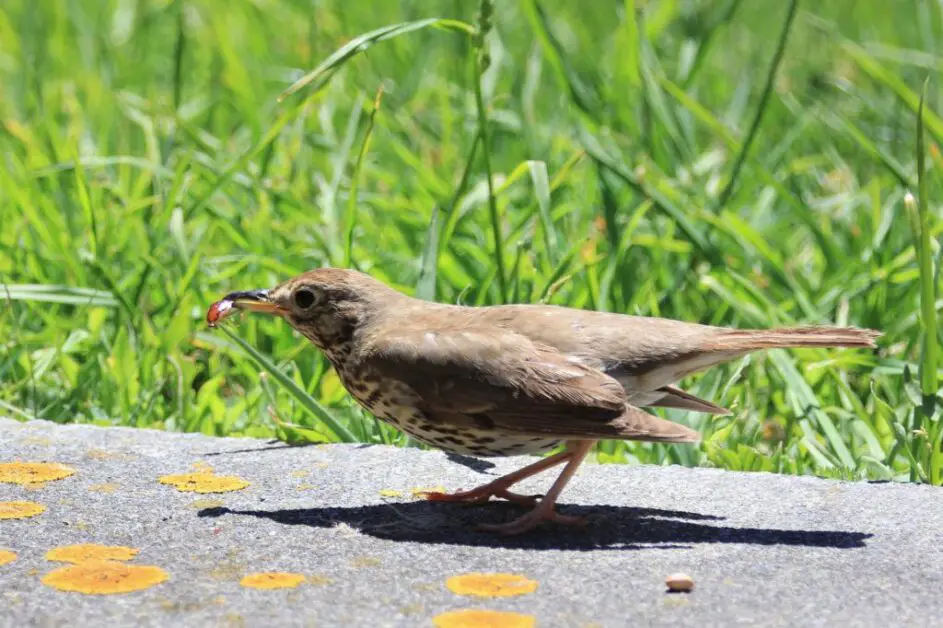
Attracting birds to your yard to help control mosquito populations can sometimes pose challenges. One common issue is the lack of suitable nesting sites or shelter for birds. Providing birdhouses and creating a bird-friendly habitat with trees, shrubs, and dense vegetation can help address this issue. Additionally, ensuring that there are no predators in the area that may deter birds from nesting can also be important in attracting them to your yard.
Another challenge in attracting birds that eat mosquitoes is the availability of food and water sources. Birds need a variety of insects, seeds, fruits, and water to thrive. Planting bird-friendly plants that attract insects, such as coneflowers, sunflowers, and milkweed, can help provide a food source for mosquito-eating birds. Additionally, maintaining birdbaths or other water features can attract birds to your yard by providing them with a place to drink and bathe.
Benefits of Having Mosquito-Eating Birds in Your Yard
Having mosquito-eating birds in your yard can bring a multitude of benefits, both for you and for the overall ecosystem. These avian allies serve as natural pest controllers, reducing the population of pesky mosquitoes that can transmit diseases to humans. By attracting and supporting these birds in your yard, you can effectively manage mosquito populations in a sustainable and eco-friendly manner.
Furthermore, having mosquito-eating birds in your yard can contribute to the overall biodiversity of your surroundings. These feathered friends play a crucial role in maintaining a balanced ecosystem by preying on insects such as mosquitoes, thus helping to control their numbers naturally. By cultivating a habitat that is conducive to these beneficial birds, you are not only enhancing the beauty of your outdoor space but also promoting the health and harmony of the local environment.
How do mosquito-eating birds help control mosquito populations?
Mosquito-eating birds consume large numbers of mosquitoes, helping to naturally reduce the mosquito population in your yard.
What types of plants can attract mosquito-eating birds to your yard?
Plants such as native grasses, shrubs, and trees that provide food, shelter, and nesting sites can attract mosquito-eating birds to your yard.
Are there any specific bird species that are particularly effective at eating mosquitoes?
Yes, birds such as Purple Martins, Swallows, Warblers, and Flycatchers are known to be effective at eating mosquitoes.
How can I create a bird-friendly habitat in my yard?
You can create a bird-friendly habitat by providing food and water sources, avoiding pesticides and chemicals, and building birdhouses and nesting sites.
What should I do if I am having trouble attracting mosquito-eating birds to my yard?
If you are having trouble attracting mosquito-eating birds, try using bird feeders to attract them and monitoring bird activity to see what adjustments you can make to your yard.


